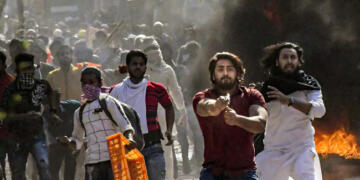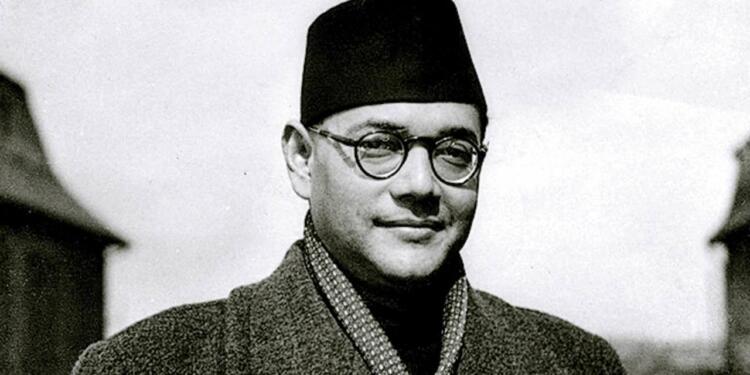Republic day celebrations have historically commenced every year beginning January 24. The celebrations end on January 29, with the Beating Retreat Ceremony. On January 26, military and cultural parade is organised at Rajpath in the national capital. This year onwards, Prime Minister Narendra Modi-led government has brought in a big change to the celebrations of the Indian Republic. Now, the Indian Republic will be celebrated beginning on the day Netaji Subhas Chandra Bose was born. The Modi government has announced that the Republic Day celebrations will now begin every year from January 23 instead of January 24 to include the birth anniversary of Netaji Subhas Chandra Bose.
According to government officials, “This is in line with Modi government’s focus on celebrating/commemorating important aspects of our history and culture.” Government sources told PTI that other such days, observance of which have become an annual affair, are August 14 as Partition Horrors Remembrance Day, October 31 as National Unity Day (birth anniversary of Sardar Patel), November 15 as Janjatiya Gaurav Divas (Birsa Munda’s birth anniversary), November 26 as Constitution Day and December 26 as Veer Baal Divas (a tribute to the four sons of Guru Gobind Singh)
A Fitting Tribute
Netaji Subhas Chandra Bose made India free. He chased the British colonialists out. The Britishers realised that with the Indian National Army beginning to haunt them, it would be unfeasible to continue ruling India. In more ways than one, Netaji Subhas Chandra Bose is really the ‘father of the nation’.
When British Prime Minister Clement Attlee, who officially signed the Indian Independence Act came to India in the year 1956, he was asked a seemingly simple question by one Justice Chakraborty. “You won the World War II, you became permanent member of UNSC, you handled the Quit India Movement quite well; then what made you leave India in such haste?”
Clement Attlee’s response will give you goosebumps. “Apart from the fact that India became a liability to us, the answer in three words is: SUBHASH CHANDRA BOSE and INDIAN NATIONAL ARMY.”
Interestingly, Justice Chakraborty posed another question to the British Prime Minister. “So, what was the impact of Congress and Mr. Gandhi on your decision of leaving India?”
Justice Chakraborty in his book, says – to my question, Clement Attlee while sipping his coffee with an arrogant smile on his face replied, “MINIMAL”.
Neta Ji Subhash Chandra Bose had a clear vision and well cut-out goals for the independence, while Congress elites like Nehru were busy demanding Home Rule alone. Neta Ji reiterated Bal Gangadhar Tilak’s idea of Complete Independence – Swarajya. He clearly expressed that if you want your enemy to fear you then you must build an Army to deal with an enemy with an iron fist.
Neta Ji demanded that instead of asking Indian soldiers to fight for the British in World War II, if they fought for India, the British stood to lose and would be compelled to flee.
What set Netaji apart from other leaders of that time was his pragmatism and incredible foresight. At a time when most leaders spoke of non-violence and were far too idealistic in their approach towards things, Netaji dared to take on the might of the British Empire by forming a separate army. Netaji also spearheaded the mutiny campaign within the British Indian forces, leading to the colonialists panicking and leaving India at the first opportunity they got.
However, after independence, successive Congress governments made it a mission to reduce Netaji Subhas Chandra Bose into a radical nationalist who could not be celebrated in India. They assigned him mere passing mentions in history books, even though he alone, along with his forces, is the reason why independent India today breathes. Prime Minister Modi is correcting a historical wrong, and by kickstarting every Republic Day celebration henceforth on the birth anniversary of Netaji, India will pay a big tribute to the legendary freedom fighter.






















